Andrew Carnegie’s Gospel of Wealth Explained and Annotated
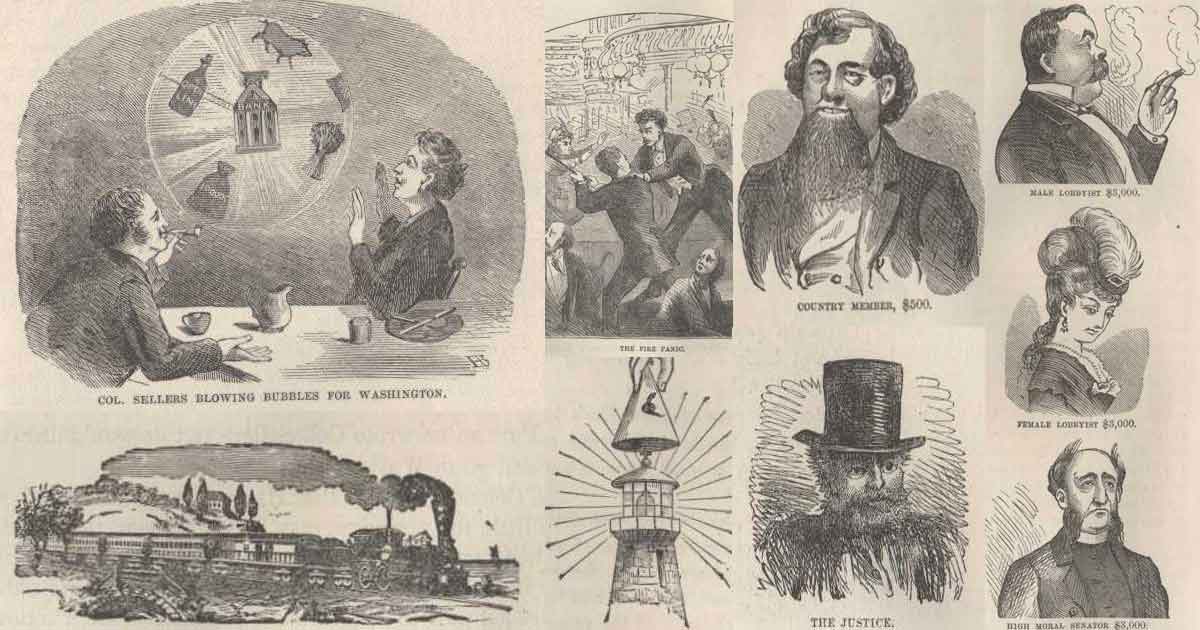
Below we present an annotated version of Andrew Carnegie’s 1889 essay Wealth (better known as the Gospel of Wealth).
“People and self” refers to humans and groups they form, as well as, the understanding the human experience.

Below we present an annotated version of Andrew Carnegie’s 1889 essay Wealth (better known as the Gospel of Wealth).
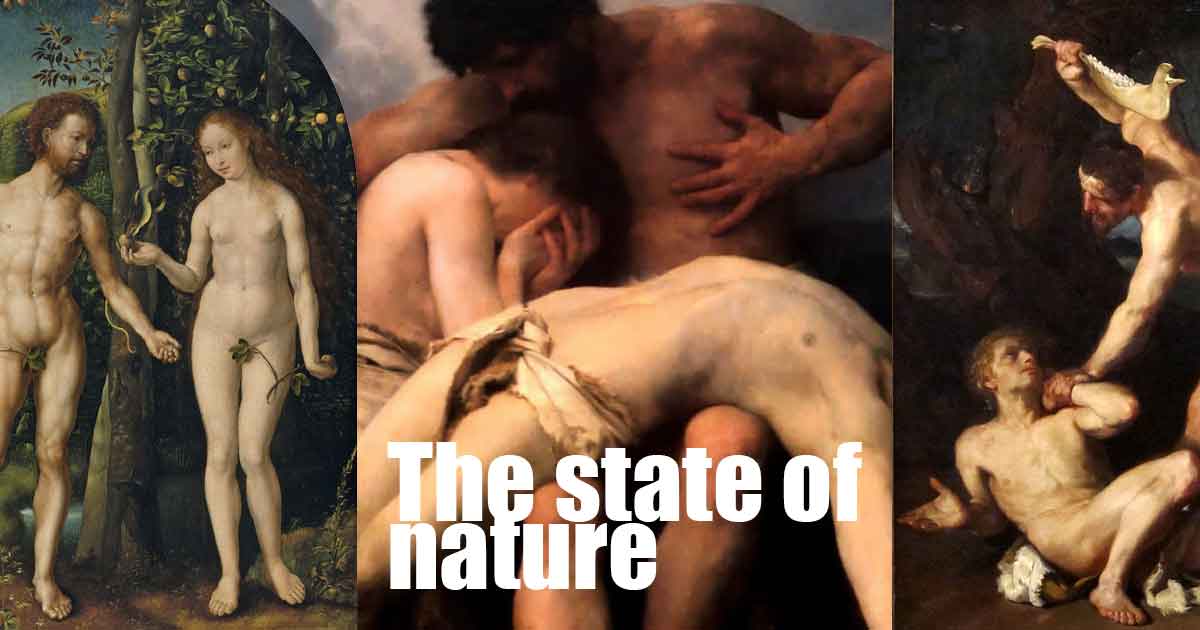
The state of nature is the state humans lived in before forming the first societies. By examining the state of nature we can better understand the implicit and explicit social contracts which govern societies.

Politics can be treated as a science (political science), but it must always seek data that can be confirmed by our senses (empirical evidence).
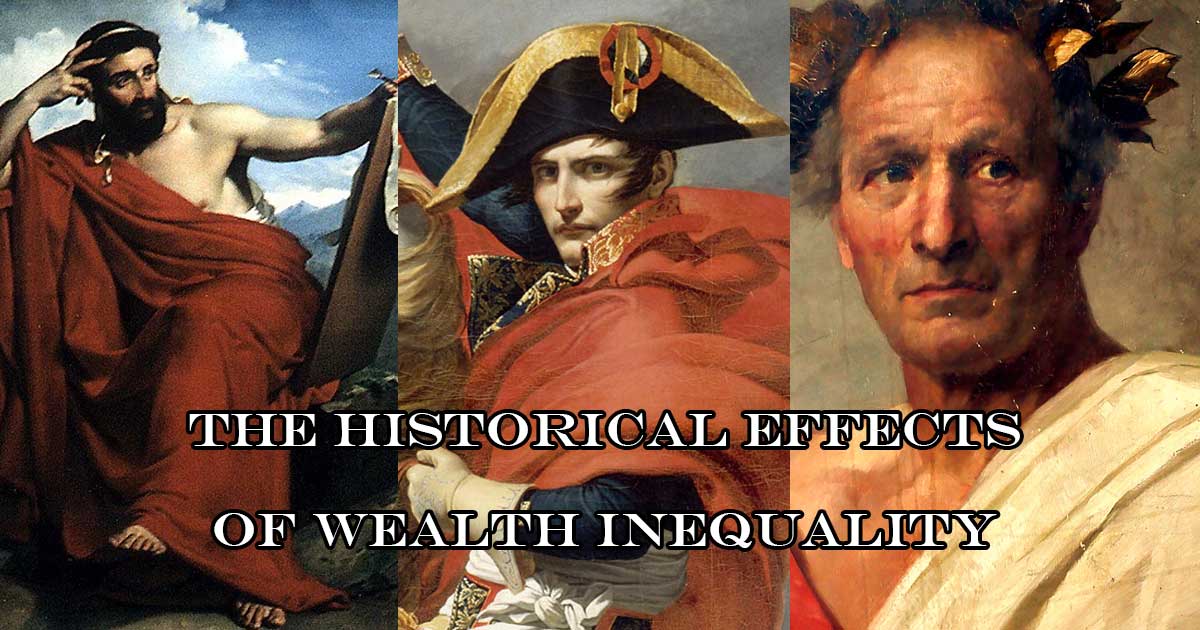
We examine the historical effects of social, political, and economic inequality on society to see how it has led to social unrest and events like revolutions and populist uprisings.
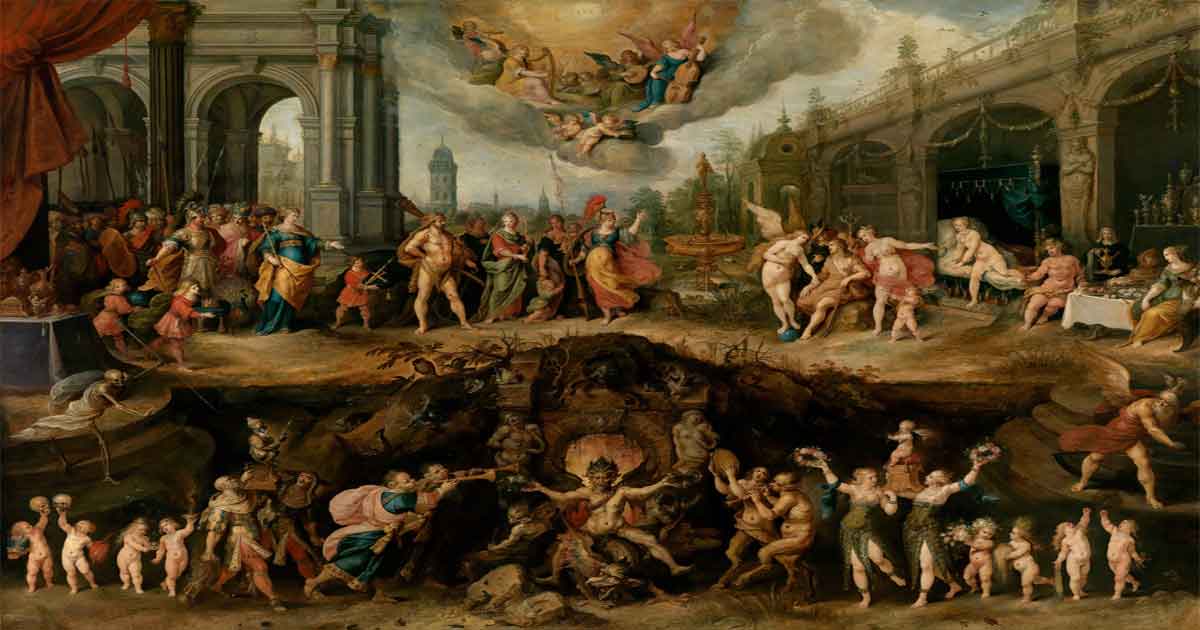
We present a list of vices and virtues and look at vices and virtues as understood by philosophers like Aristotle and Aquinas.
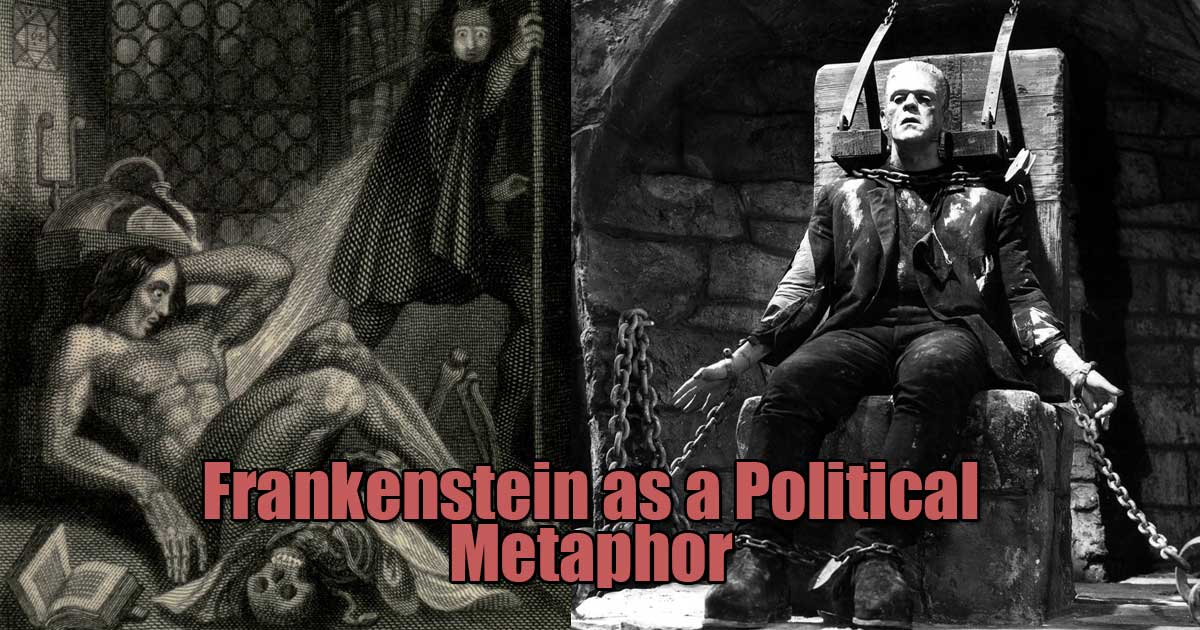
Mary Shelley’s Frankenstein (1818) can be read as a political metaphor where Dr. Frankenstein and his monster represent the philosophies and attitudes of the liberal revolutionaries, specifically those of the French Revolution and ensuing “Reign of Terror.”

Jean-Jacques Rousseau’s concept of the General Will roughly means “that which is in the best interest of the people” or “the public good”, and not just popular consensus.

Studies have shown there is no single determinant of sex, gender, or sexuality. In terms of both sex (genetic) and gender (a social construct), a binary distinction of “male or female” fails to describe a wide range of humans in practice. Meanwhile, sexuality (a preference) eludes any simple categorization as well. Simply put, despite some binary aspects (for example a person either has a Y gene or they don’t), Gender, Sex, and Sexuality are all non-binary and each is instead a complex spectrum… and we can prove it with science and logic.
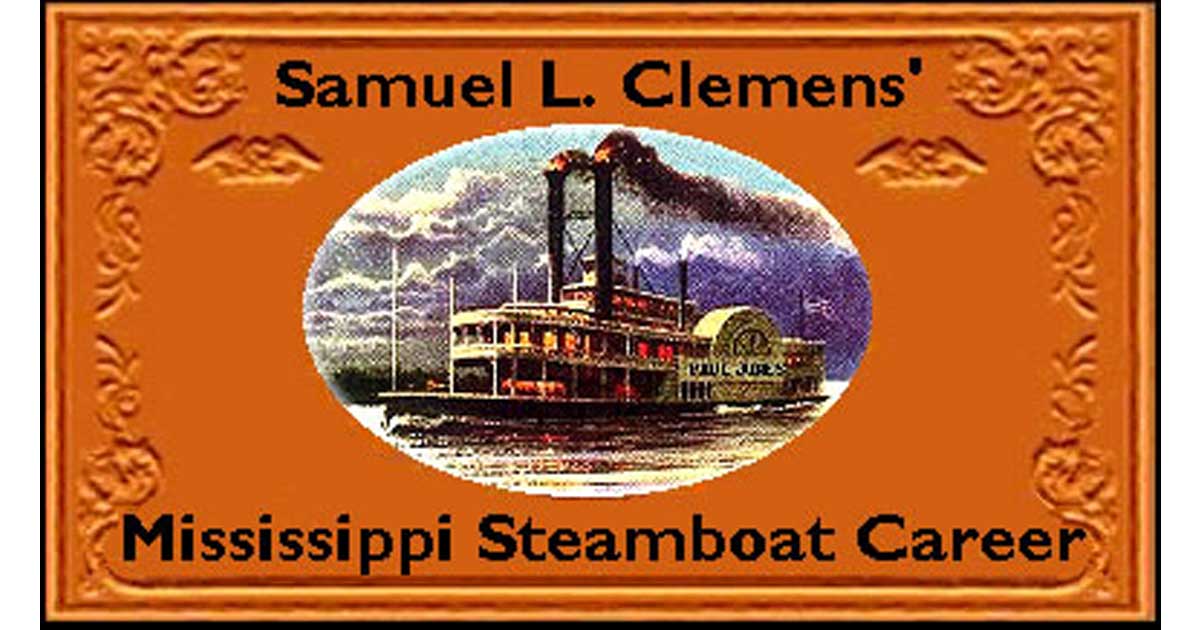
Mark Twain is a pen name, his real name was Samuel Langhorne Clemens. “Mark” “Twain” is a riverboat term for measuring two fathoms (12 feet): mark (measure) twain (two).
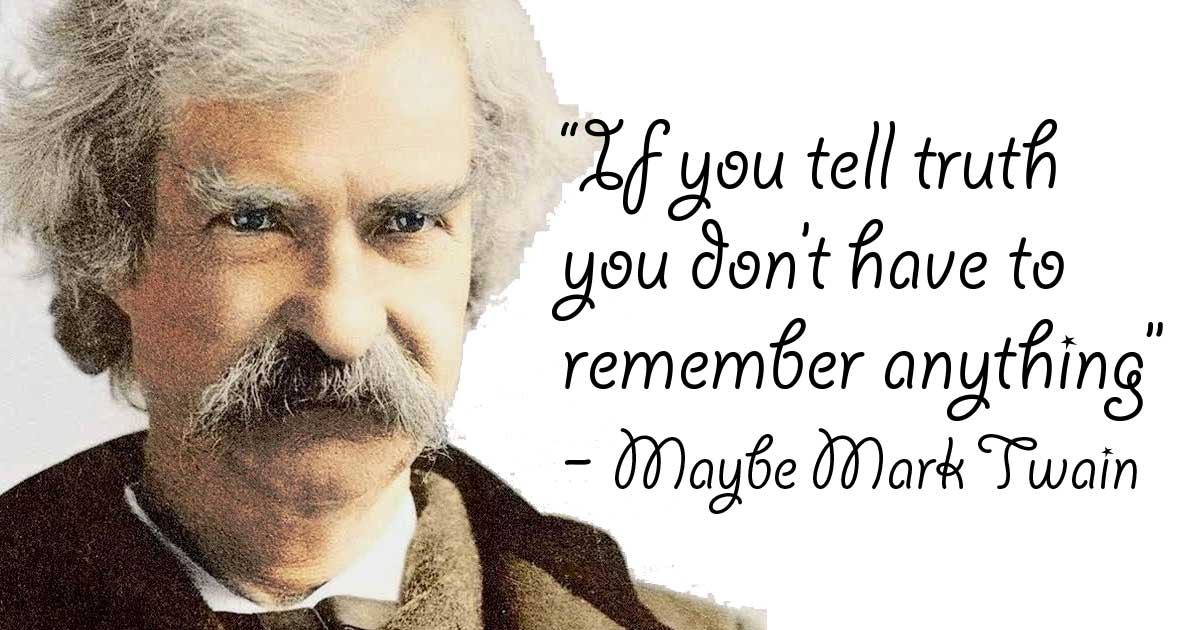
Mark Twain is said to have said, “If you tell the truth you don’t have to remember anything”, meaning if you tell a lie you have to remember what lie you told to who.